Ramesh Sippy
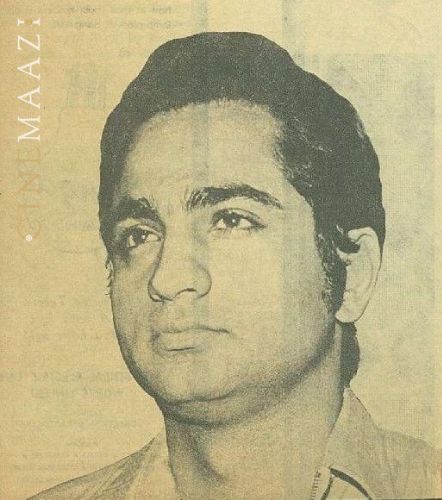
Subscribe to read full article
This section is for paid subscribers only. Our subscription is only $37/- for one full year.
You get unlimited access to all paid section and features on the website with this subscription.
Not ready for a full subscription?
You can access this article for $2 , and have it saved to your account for one year.
- Real Name: Ramesh Gopaldas Sipahimalani
- Born: 23 January, 1947 (Karachi)
- Primary Cinema: Hindi
- Parents: G P Sippy , Mohini Sippy
- Spouse: Geeta, Kiran Juneja
- Children: Rohan Sippy, Sheena Sippy, Sonya Sippy
Ramesh Sippy goes down in history as the maker of the landmark action-adventure Sholay (1975), considered an all-timme classic of Hindi cinema. Hailed as the maker of the film that revolutionised Hindi filmmaking and brought true professionalism to Indian script writing, Sippy has never been able to match the magic of this top-grossing commercial and critically acclaimed milestone, that has been declared Film of the Millennium by BBC India. However, it would be a great disservice to Sippy’s talent to suggest that Sholay is the sole jewel in his crown. Honoured with the Padma Shri in 2013, Sippy is also known for directing critically acclaimed and commercially successful films such as Andaz (1971), Seeta Aur Geeta (1972), Shaan (1980), Shakti (1982), Saagar (1985), as well as the hit television series Buniyaad (1987).
Born Ramesh Gopaldas Sipahimalani on 23 January, 1947 in Karachi, the family moved to Bombay, post Partition where his father Gopaldas Sippy, as their surname was shortened for easy pronunciation, became a builder and property developer. He also moved into film production, making films under the banner of Sippy Films.
As a young boy, Ramesh would visit the sets of his father’s first film, Sazaa (1951). At the age of 9 he played his first role onscreen, essaying Achala Sachdev's son in Shahenshah (1953). He learnt the ropes of filmmaking while working on his father’s productions such as Johar Mehmood in Goa (1965) and Mere Sanam (1965). He made his directorial debut in 1971 with Andaz. The film, an unconventional tale of romance between two widowers, starring Shammi Kapoor, Hema Malini and Rajesh Khanna, clicked at the box office. Sippy’s next, Seeta Aur Geeta (1972), starring Hema Malini in a double role, was an even bigger success, simultaneously establishing her as a leading heroine.
The biggest and best was yet to come in 1975—Sholay, starring Dharmendra, Amitabh Bachchan, Sanjeev Kumar, Amjad Khan, Hema Malini and Jaya Bhaduri. A tepid start due to poor reviews, was followed by a humungous surge as the film went on to write box office history, becoming the biggest blockbuster in the Hindi film industry. An iconic entertainer in every sense of the word, it also created one of the most iconic villains of Hindi cinema—Gabbar Singh played by Amjad Khan. Loosely inspired by Seven Samurai (1954), and earlier Indian films like Mera Gaon Mera Desh (1971), the film is often cited as the most popular example of the Curry Western, an Indianised take on the Spaghetti Westerns of Sergio Leone. The film was in development for two years, and garnered Sippy the reputation of a perfectionist as he often reshot scenes which did not meet his high standards. It also used stereophonic sound and was displayed in a 70 mm format, in order to better convey the awe-inspiring scale of the film. Sippy initially shot a more violent resolution of the story, but was compelled to change it at the command of the Censor Board. Decades later, the film remains much discussed among fans and scholars alike. It remained the highest-grossing Indian film until Disco Dancer (1982) broke its record.
After Sippy had directed Andaz and Seeta Aur Geeta, he had desired to switch genres and foray into the action category with a film on similar lines to the Westerns of Hollywood. Hooked by the story narrated to him by writer duo Salim Khan-Javed Akhtar, he went on to stay true to its original idea of two guys on the run and their involvement in helping Thakur to avenge the murder of his family by a dreaded dacoit terrorising his village. Incidentally, originally the characters Jai and Veeru were supposed to be from the Army and Sanjeev Kumar's role of Thakur was that of an Army officer, which was changed to a cop. Sippy has maintained that while they knew they were making a ‘damn good film’, they didn’t dream that it would become the phenomenon it did, winning such immense love and following.
Sippy’s next film, Shaan (1980) sought inspiration from the James Bond genre of films. Based on a story again by Salim–Javed, the film was an average performer when it initially released but went on to see a surge in business after re-runs. It was declared the highest grosser of 1980 by IBOS, and is classified as an all-time blockbuster.
With the crime drama Shakti (1982), Ramesh Sippy brought together Dilip Kumar, Amitabh Bachchan, Raakhee, Smita Patil, and Amrish Puri to great effect. Based on the Tamil film Thanga Pathakkam (1974), Shakti is considered one of the greatest films of Hindi cinema. Winning four Filmfare Awards, for Best Film, Best Screenplay, Best Sound Editing, and Best Actor for Dilip Kumar, it is the only film to bring Kumar and Bachchan together onscreen.
Another key Sippy film is Saagar (1985), a romantic drama starring Rishi Kapoor, Kamal Haasan and Dimple Kapadia. Receiving critical acclaim, it also won Four Filmfare Awards. A comeback film for Dimple Kapadia 12 years after the release of Bobby (1973), the film was India's official entry for the Academy Award for Best Foreign Language Film in 1985.
Ramesh Sippy is also known for directing Buniyaad, a successful teleseries which focused on the Partition of India. Written by Manohar Shyam Joshi, the series which spans life in India between 1916-1978., first aired in 1986 on Doordarshan.
Concentrating on production after his last three directorial damp squibs—Bhrashtachar (1989), Akayla (1991), and Zamana Deewana (1995), Sippy has produced films such as Kuch Naa Kaho (2003), Bluffmaster! (2005), Taxi No. 9211 (2006), Fear (2007), Chandni Chowk to China (2009), Dum Maaro Dum (2011), Nautanki Saala (2013), and Sonali Cable (2014).
Returning to direction after a gap of 20 years, he helmed Shimla Mirchi (2015). This comedy starring Rajkummar Rao, Rakul Preet Singh and Hema Malini, was unable to find buyers and was finally released in January 2020 on Netflix.
Among the honours conferred on Ramesh Sippy are the Filmfare Best Film of 50 Years for Sholay, IIFA Award for Outstanding Contribution to Indian Cinema, and the Filmfare Lifetime Achievement Award.
On the personal front, Ramesh Sippy was married to Geeta. He married his current wife, actress Kiran Juneja in 1991. She had featured in a key role in his teleseries Buniyaad, playing Veerawali. Sippy has a son Rohan Sippy, who is a film director, and daughters Sheena Sippy and Sonya Sippy, from his first marriage.
Ramesh Sippy founded the Ramesh Sippy Academy of Cinema & Entertainment in Mumbai in 2017.
-
Filmography (8)
SortRole
-
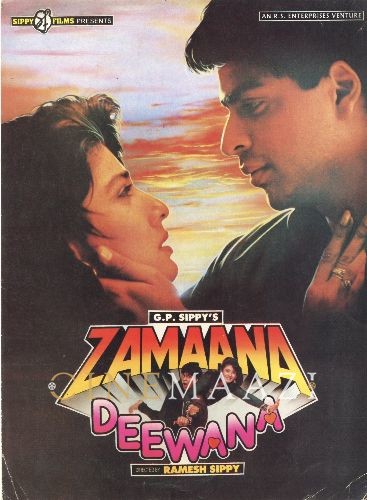
Zamaana Dewana 1995
-
Zamana Deewana 1995
-
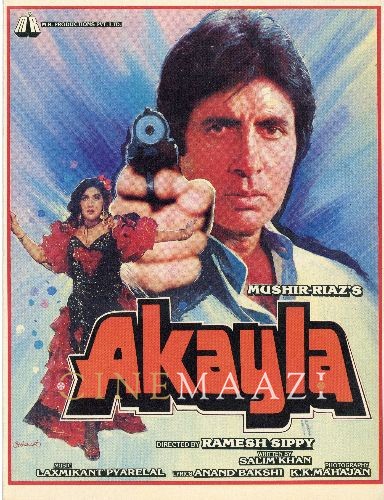
Akayla 1991
-
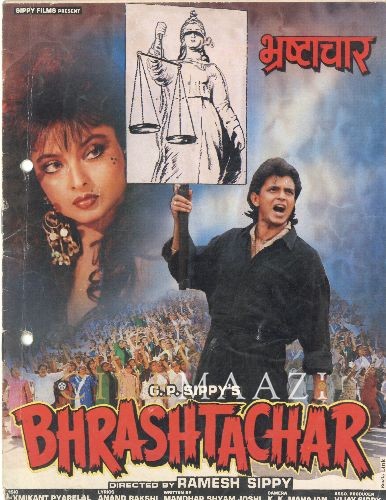
Bhrashtachar 1989
-
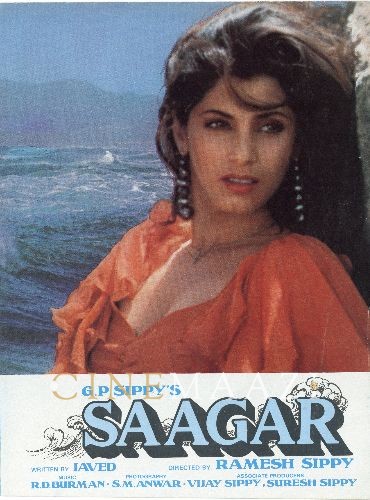
Saagar 1985
-
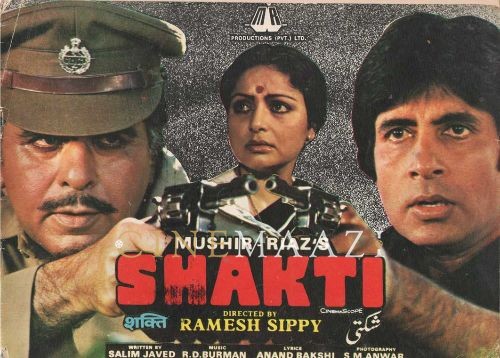
Shakti 1982
-
Shaan 1980
-
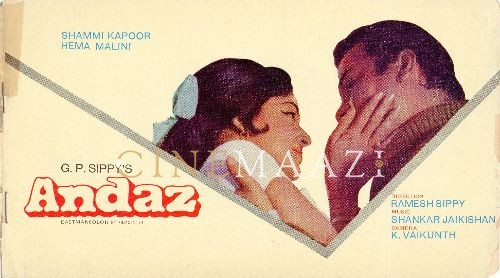
Andaz 1971
-



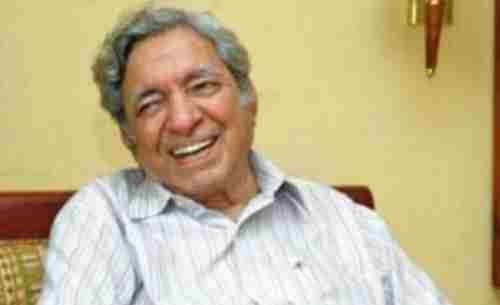
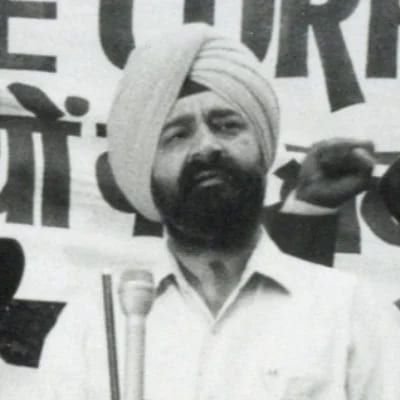
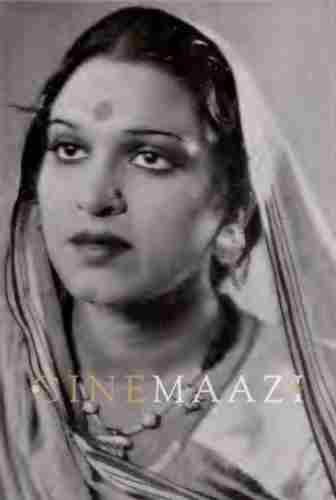
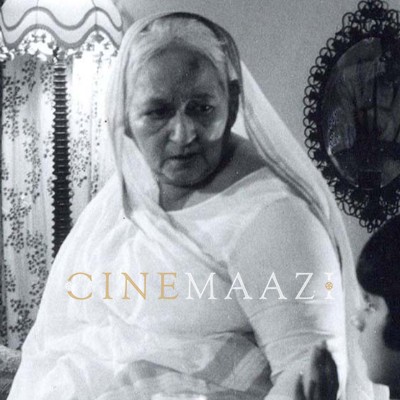
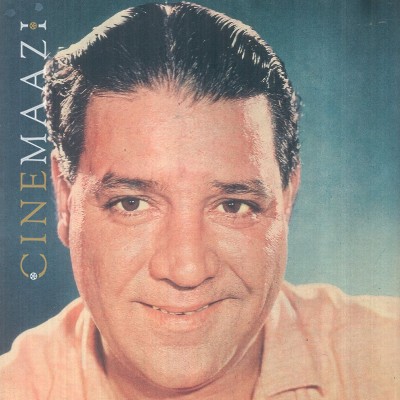
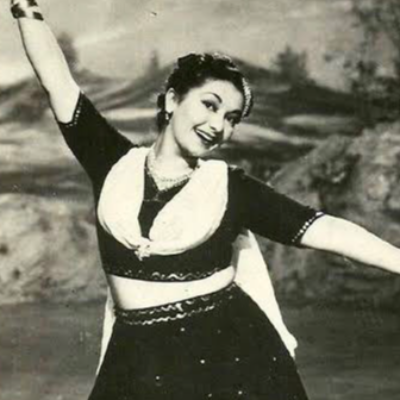
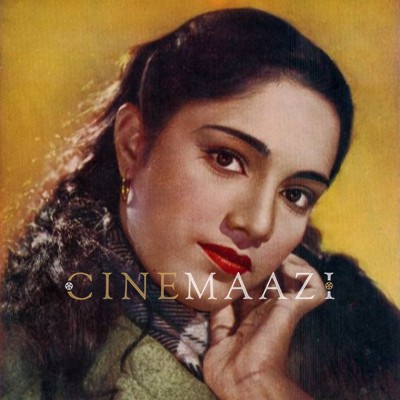
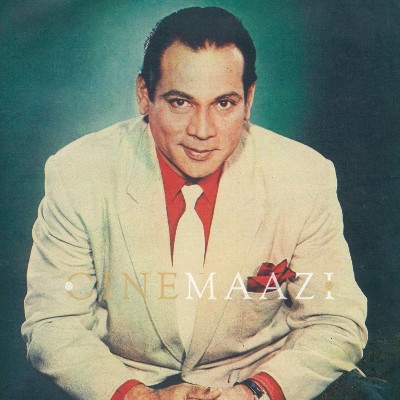

.jpg)



